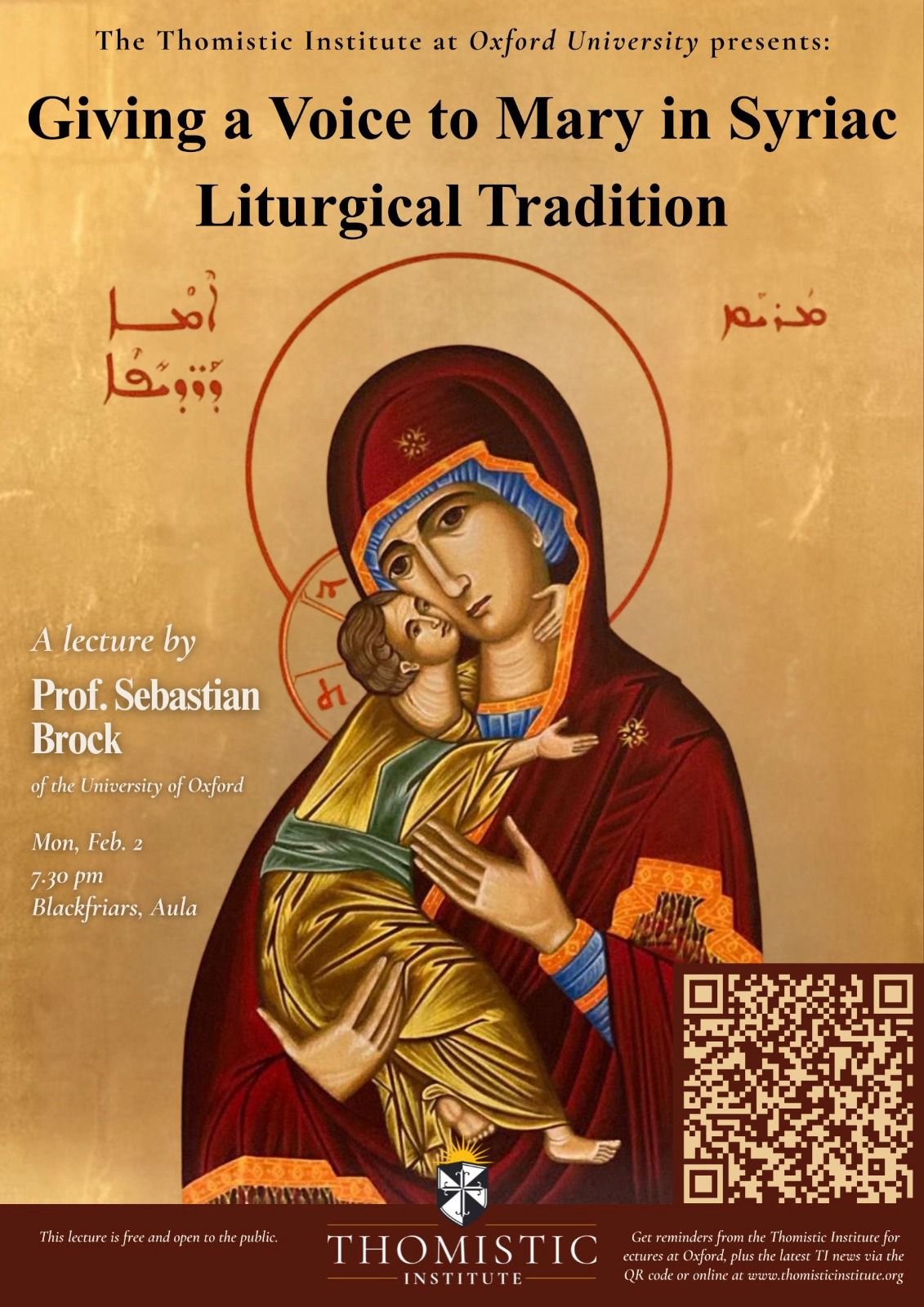Liam McDonnell (Blackfriars), ‘On Studying Aquinas in an Aquinas-like Manner’ Beginning in the twelfth century, scholastic theologians started to write in a new genre: the summa. The stated intention behind...
‘Saints have a heart full of justice’ – Thomas Aquinas
The Las Casas Institute for Social Justice is a vibrant centre for research, dialogue, and policymaking on the common good of humanity and nature in the world today, which welcomes discussion with all people of goodwill.
Our work is rooted in Catholic Social Teaching and the example of Bartolomé de Las Casas who argued for the humanity and rights of all peoples in the Americas in the sixteenth century, and is one of the early pioneers of universal human rights.
Our Oxford home
We are based at Blackfriars Hall which is the Permanent Private Hall run by the Dominican Order of Preachers at the University of Oxford. In the spirit of Oxford and the Dominicans, we embrace critical thinking and different views on the study of social justice in Britain and the world.
Catholic Social Teaching
Catholic Social Teaching is the great body of doctrine agreed by the Roman Catholic Church which affirms Catholic commitments on contemporary questions of social, economic, political, and ecological justice.
Based in faith and scripture, and on research in economics, sociology, political and ethical theory, modern Catholic Social Teaching is generally understood to have started with Pope Leo XIII’s encylical Rerum Novarum in 1896, which challenged the economic injustice of the modern industrial world.
Since then, Catholic Social Teaching has continued to develop in many Papal Encyclicals and other official publications in addition to the important documents produced by the Second Vatican Council in the 1960s. Two recent encyclicals on Catholic Social Teaching are Pope Francis’ Laudate Si on climate and environment in 2015, and Pope Benedict’s Deus Caritas Est in 2005 on the importance of love in human society.
The sense of justice and truth found in Catholic Social Teaching guides the world’s 1.4 billion Catholics and is often the basis for their engagement with government policies, inter-faith relations, and multilateral organizations like the European Union, the African Union, and the United Nations.
The rich array of Catholic Social Teaching merits academic study in its own right and as part of wider discussions of public policy and international relations in society at large.
Current Research and Policymaking
New Guest Blog: ‘Saving humans and nature togetherR...
The director of the Las Casas Institute, Hugo Slim, has written a fantastic guest blog for...
Human Dignity: Its Roots and Challenges in Western Thought
Human Dignity: Its Roots and Challenges in Western Thought is a bold reappraisal of the c...
Option for the Poor: Foundations & Spirituality
Prof Ian Linden, a member of the Las Casas Advisory Board and a Visiting Professor at St M...

